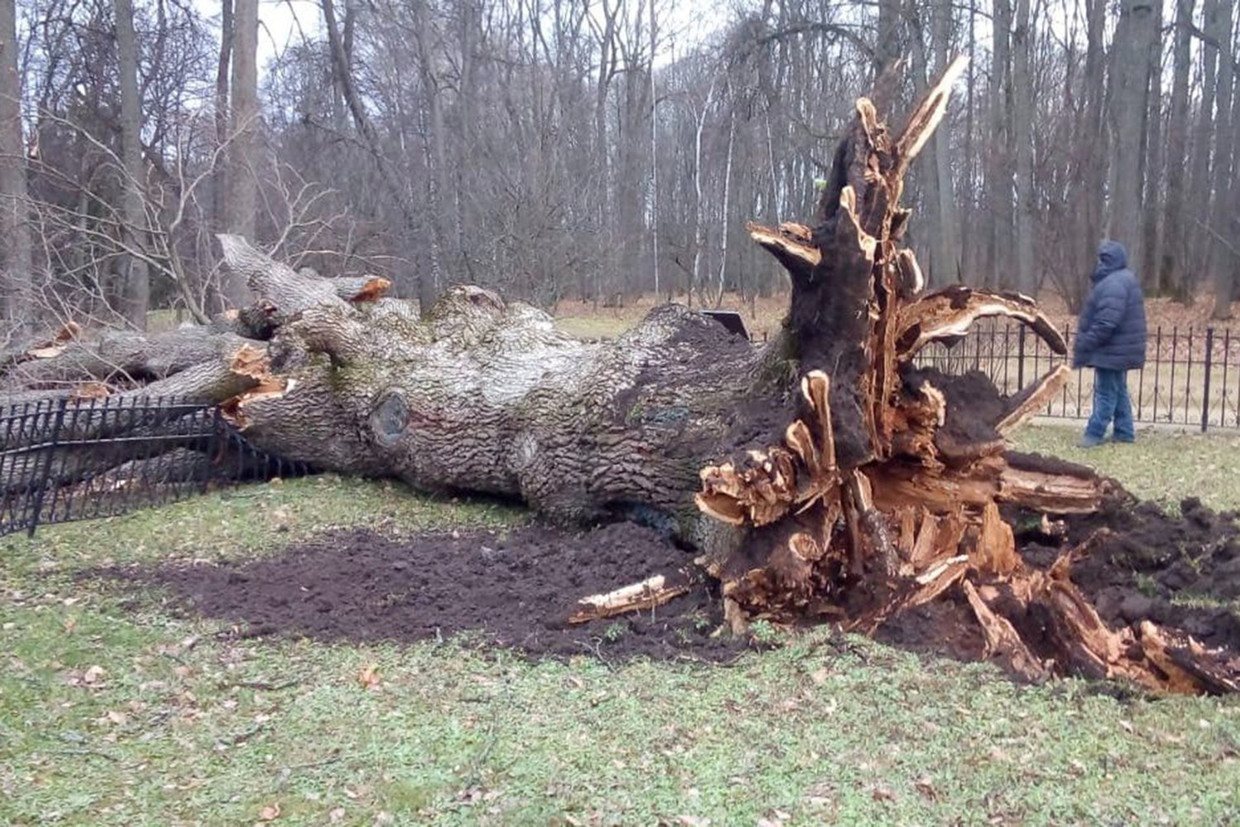Russian tree canceled


The ‘European Tree of the Year’ competition has apparently decided to make a political statement by banning the Russian contender, citing the ongoing military conflict in Ukraine, and handing the award to a 400-year-old Polish oak tree, saying it has a symbolic meaning, representing Polish resistance to aggression and given that many Ukrainians are currently seeking refuge in Poland after fleeing from the war.
The organizers of the contest disqualified the Russian contender – an oak tree said to have been planted by Russian novelist Ivan Turgenev 198 years ago and recently destroyed by a strong wind storm – at the beginning of March when many countries, companies, and organizations started placing restrictions on anything related to Russia in protest of the military operation in Ukraine.
“This move is not directed against ordinary Russian women and men. We appreciate all active citizens of the Russian Federation who strive for a free civil society and the protection of nature,” a statement on the Tree of the Year’s website says.
“However, we cannot stand idly by and watch the unprecedented aggression of the Russian leadership against a neighbouring country. The exclusion of Russia from the competition is a step that must be understood in the context of international efforts to isolate Russia in order to stop the war.”

Rob McBride, the British liaison of the tree competition, said he objected to Russia’s elimination from the competition. “I’d rather keep politics out of nature projects and trees especially. Trees are apolitical.”
Josef Jary, one of the organizers of the competition based in Brussels, said he was also pained by the organization’s decision to join the Russian boycotts, adding: “I can imagine a lot of normal Russian people without any political interest voted for their lovely tree, and they were very disappointed.”
Meanwhile, Ludek Niedermayer, a Czech member of the European Parliament, applauded the exclusion of Russia from the contest, claiming it would be unacceptable to celebrate together with Russians right now, given the situation in Ukraine.
The European Tree of the Year competition has been held annually since 2011 as a way to celebrate the history of old trees and establish bonds between nations around the common goal of preserving nature. The contenders are first selected in national contests and are then presented to the European-wide competition, where members of the public vote for their two favorite entries on the Tree of the Year website. This year, there were reportedly around 770,000 votes cast.